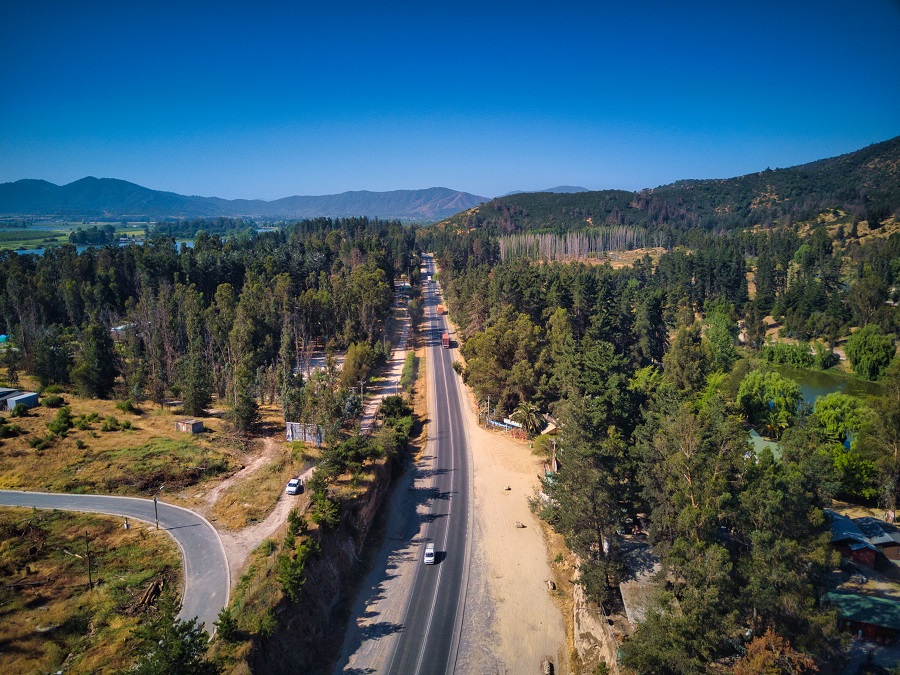When starting a construction excavation, having knowledge of the ground is essential for the success of a project, since exploration is slow, expensive, and unsafe.
Working with external suppliers also complicates the preservation of historical information. Hence the need to have a digital repository with geotechnical studies and artificial intelligence tools to deepen that knowledge.
Sacyr Engineering and Infrastructure in Chile is partnering with the geotechnical area of the Department of Engineering of the Universidad de la Santísima Concepción (UCSC) to develop a repository tool that digitizes the collected information from previous soil studies. This way, we get the information before excavating to see what the best approach to this process is.
This tool adjusts the time and cost of the processes, so it provides added value that our team in Chile did not have until now.
Sacyr participates in two lines of action in this joint project with the UCSC:
- Making a repository of soil mechanics laboratory reports.
- Creating a machine learning tool to predict soil stability and its properties.
The first pilot test of this project was carried out on Ruta 66 de la Fruta, currently under construction.
"We have to continue feeding historical information and take advantage of the same artificial intelligence process with the platform we have created with the University," says Matías Cuitiño, Head of Geotechnics at the engineering department of Sacyr Chile.
"We have already worked with the Universidad de la Santísima Concepción on green hydrogen projects and digital repository projects. They have an excellent capacity for innovation which allows us to work in different disciplines for the business model," says Víctor Armijos, Innovation Manager at Sacyr Chile.
This artificial intelligence tool features three stages:
- Creating a map repository, which will generate a detailed mapping of the terrain with spatial interpolations for the typical variables of geotechnical studies.
- A pattern recognition application that will implement a recognition methodology to recommend geotechnical tests based on historical information. This app uses supervised and unsupervised learning methods and the development of web tools and plug-ins.
- Developing a plug-in for the QGIS software to facilitate the detection of patterns in soils.
The project, which will last approximately one and a half years, will be developed in three stages in Chile, through late 2025.
On the other hand, Dr. Mauricio Villagrán, Professor from the Faculty of Engineering and Director of the Advanced Capital Program in Artificial Intelligence at UCSC, pointed out that this technological contract is "very iconic for the university” as it explicitly establishes a collaboration agreement with the company. This agreement will usher the development of a specific application using artificial intelligence to solve an industry-specific problem.
"In addition, the proposal was planned in stages to give the necessary flexibility required to address this type of challenge where there is a lot of technological uncertainty. I believe that this will be the kind of project where everyone involved will gain experience, knowledge and we will make tangible progress in the use of this type of cutting-edge technologies," he said.
